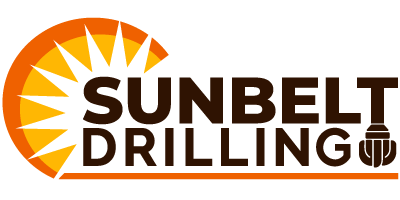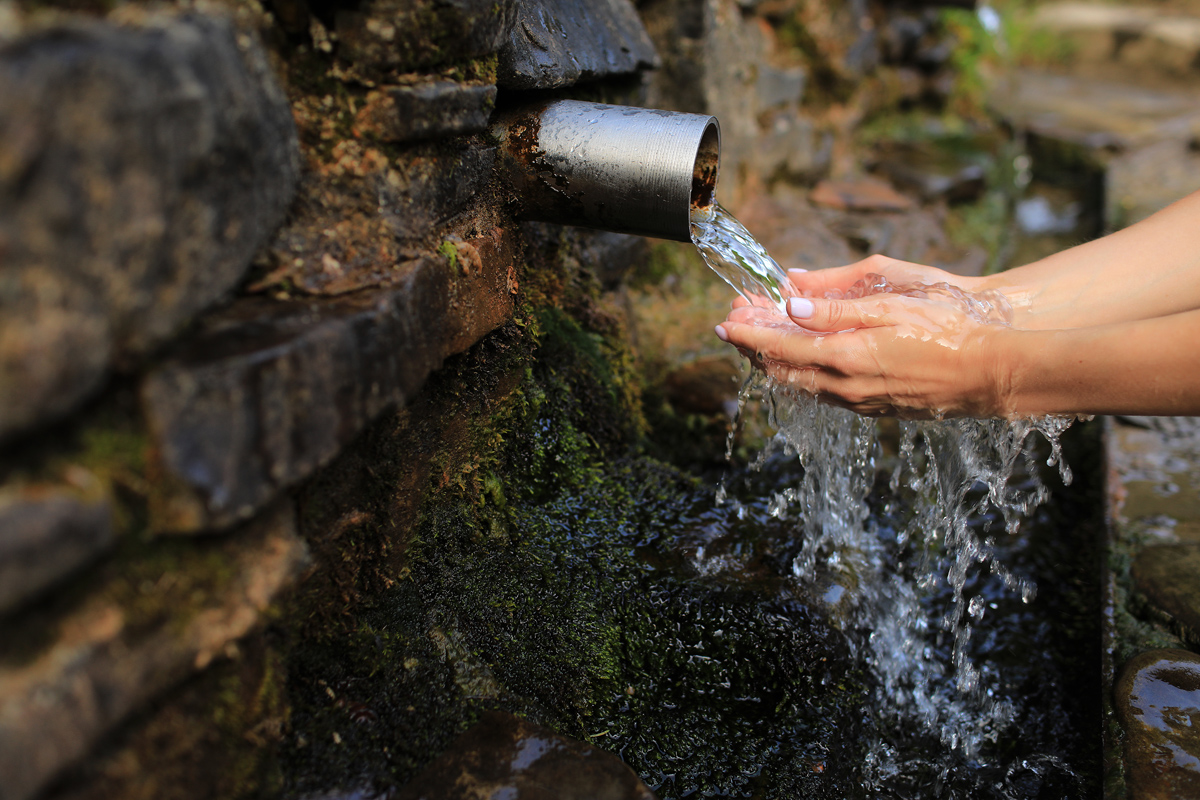The majority of well water comes courtesy of underground reservoirs called aquifers, which are natural storage tanks. These tanks contain groundwater that originated from precipitation that seeped through the ground as part of the water cycle. Wells ultimately provide access to the aquifer, drawing directly from this water source.
Where Does Your Well Water Come From?
Typically, almost all well water comes from groundwater, as stated above. Groundwater is a collection of precipitation and surface water that seeps through both rock and soil to get to the underground aquifer.
It is quite possible for several wells to share a single aquifer. This happens because of precipitation variations throughout the seasons and overpumping, which can cause aquifers to dry out.
How Do Wells Collect Water?
Your location ultimately decides exactly where the well water comes from. Factors like how the well was drilled and local weather patterns can play a role. The water cycle, however, will always remain important when it comes to private wells.
Let’s take a look at the well water access process below.
Precipitation
Water that gathers in the atmosphere, falling as rain, sleet, snow or hail is referred to as precipitation. This will always be fresh water even if it comes from the ocean because salt does not evaporate.
Most of the water caught up in the precipitation process tends to head right back to the atmosphere. However, there will always be some water that finds its way through layers of both soil and rock.
Natural Filtration
Despite the name, this filtration type does not necessarily remove contaminants from the water. Materials like mineral content or sediment can also be collected along the way.
The result of the natural filtration is groundwater. A space referred to as the water table is located right above the underground saturated zones. It acts as a boundary between saturated and unsaturated. Here, all available space ends up filled with water.
Storage Tanks
When there’s ample space between rock and sediment, the groundwater flows naturally, turning the saturated zone into an aquifer. Fast-moving groundwater, for instance, may actually stay in an aquifer for thousands of years. Aquifers may need to be recharged in areas without an endless water supply.
Groundwater Access
Professionally drilling equipment is needed to access the groundwater stored in an aquifer. The drills will go right through both the unsaturated zone and water table.
The drills are designed to dig so deeply that gravity will pull the groundwater down into an empty hole, where it can be conveniently pulled by the pump system within the well.
How To Treat Well Water
Most people will treat well water to remove germs or chemicals, take extra precautions against potential diseases, and ultimately improve the taste of water. Here are a few ways below to test your well water to ensure it’s safe to drink.
Home Water Treatment Systems
It’s worth considering investing in a home water treatment system in order to remove germs or chemicals from your well water. These systems typically treat the water by filtering it, disinfecting it, or distilling it. No single treatment type can protect against each and every issue.
When investing in a home water treatment system, make sure to check that the system will be able to remove either the type of germ or chemical you are concerned about.
Emergency Situations
Whenever the well water is contaminated, you must treat it, then test it again before drinking. In the event that you have no access to other water sources, always boil the well water prior to drinking it. Boiling water can kill germs.
Always follow boil water advisory guidelines to reduce your chance of becoming ill from consumption. If your water is contaminated with chemicals, never drink or use the water for any purpose. Drinking or even having any contact with contaminated water can be very dangerous. Boiling the water will not remove chemicals.
Sunbelt Drilling In Arizona
If you are interested in establishing a well for your commercial or residential property, Arizona water well drilling services by Sunbelt Drilling include quality water well systems and Ground Source heat pump installations. Sunbelt Drilling is an IGSHPA certified Driller/Installer for geothermal HVAC systems. We specialize in air rotary drilling, mud rotary drilling, reverse rotary drilling and casing hammer. Based in Phoenix, Arizona, Sunbelt Drilling serves all of Arizona. Sunbelt Drilling, LLC was formed in 2001.
Our experienced team has worked with almost every consulting firm in the state and most of the municipalities and has extensive knowledge and experience in the completion of large Commercial Bonded Projects. Contact the team at Sunbelt Drilling today for more information!





